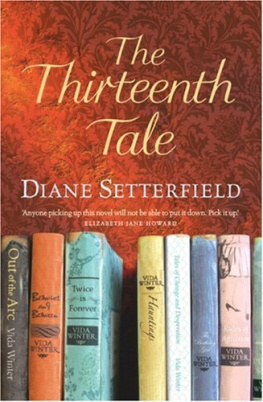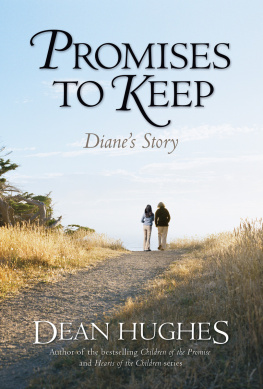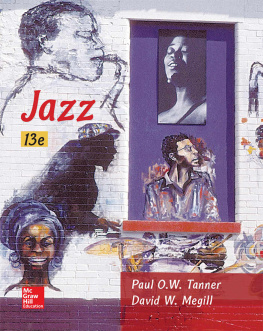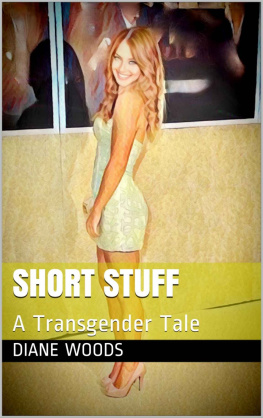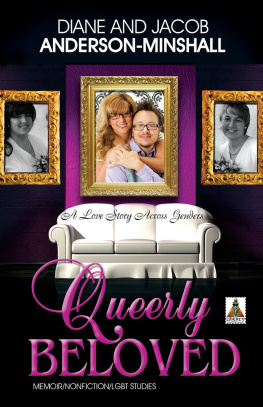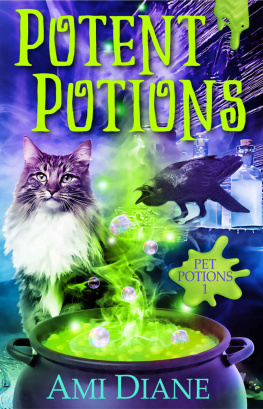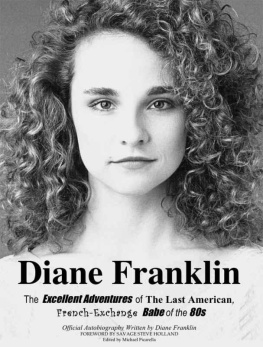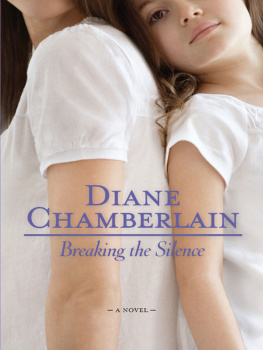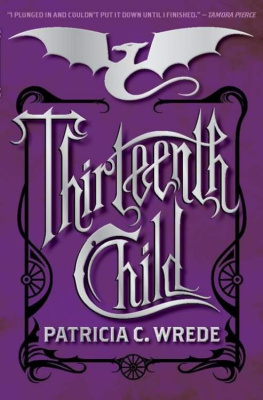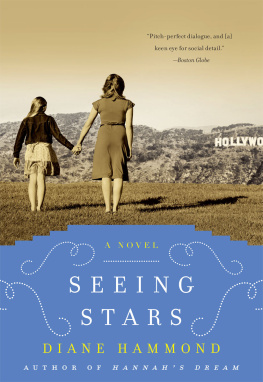Diane Setterfield - The Thirteenth Tale
Here you can read online Diane Setterfield - The Thirteenth Tale full text of the book (entire story) in english for free. Download pdf and epub, get meaning, cover and reviews about this ebook. year: 2006, publisher: Orion, genre: Detective and thriller. Description of the work, (preface) as well as reviews are available. Best literature library LitArk.com created for fans of good reading and offers a wide selection of genres:
Romance novel
Science fiction
Adventure
Detective
Science
History
Home and family
Prose
Art
Politics
Computer
Non-fiction
Religion
Business
Children
Humor
Choose a favorite category and find really read worthwhile books. Enjoy immersion in the world of imagination, feel the emotions of the characters or learn something new for yourself, make an fascinating discovery.
- Book:The Thirteenth Tale
- Author:
- Publisher:Orion
- Genre:
- Year:2006
- Rating:5 / 5
- Favourites:Add to favourites
- Your mark:
- 100
- 1
- 2
- 3
- 4
- 5
The Thirteenth Tale: summary, description and annotation
We offer to read an annotation, description, summary or preface (depends on what the author of the book "The Thirteenth Tale" wrote himself). If you haven't found the necessary information about the book — write in the comments, we will try to find it.
The Thirteenth Tale — read online for free the complete book (whole text) full work
Below is the text of the book, divided by pages. System saving the place of the last page read, allows you to conveniently read the book "The Thirteenth Tale" online for free, without having to search again every time where you left off. Put a bookmark, and you can go to the page where you finished reading at any time.
Font size:
Interval:
Bookmark:
Diane Setterfield
The Thirteenth Tale
2006
Vida Winter, a bestselling yet reclusive novelist, has created many outlandish life histories for herself, all of them invention. Now old and ailing, at last she wants to tell the truth about her extraordinary life. Her letter to biographer Margaret Leaa woman with secrets of her ownis a summons. Vidas tale is one of gothic strangeness featuring the Angelfield family: the beautiful and wilful Isabelle and the feral twins Adeline and Emmeline. Margaret succumbs to the power of Vidas storytelling, but as a biographer she deals in fact not fiction and she doesnt trust Vidas account. As she begins her researches, two parallel stories unfold. Join Margaret as she begins her journey to the truthhers, as well as Vidas.
I t was November. Although it was not yet late, the sky was dark when I turned into Laundress Passage. Father had finished for the day, switched off the shop lights and closed the shutters; but so I would not come home to darkness he had left on the light over the stairs to the flat. Through the glass in the door it cast a foolscap rectangle of paleness onto the wet pavement, and it was while I was standing in that rectangle, about to turn my key in the door, that I first saw the letter. Another white rectangle, it was on the fifth step from the bottom, where I couldnt miss it.
I closed the door and put the shop key in its usual place behind Baileys Advanced Principles of Geometry. Poor Bailey. No one has wanted his fat gray book for thirty years. Sometimes I wonder what he makes of his role as guardian of the bookshop keys. I dont suppose its the destiny he had in mind for the masterwork that he spent two decades writing.
A letter. For me. That was something of an event. The crisp-cornered envelope, puffed up with its thickly folded contents, was addressed in a hand that must have given the postman a certain amount of trouble. Although the style of the writing was oldfashioned, with its heavily embellished capitals and curly flourishes, my first impression was that it had been written by a child. The letters seemed untrained. Their uneven strokes either faded into nothing or were heavily etched into the paper. There was no sense of flow in the letters that spelled out my name. Each had been undertaken separatelyM A R G A R E T L E Aas a new and daunting enterprise. But I knew no children. That is when I thought, It is the hand of an invalid.
It gave me a queer feeling. Yesterday or the day before, while I had been going about my business, quietly and in private, some unknown personsome strangerhad gone to the trouble of marking my name onto this envelope. Who was it who had had his minds eye on me while I hadnt suspected a thing?
Still in my coat and hat, I sank onto the stair to read the letter. (I never read without making sure I am in a secure position. I have been like this ever since the age of seven when, sitting on a high wall and reading The Water Babies, I was so seduced by the descriptions of underwater life that I unconsciously relaxed my muscles. Instead of being field buoyant by the water that so vividly surrounded me in my mind, I plummeted to the ground and knocked myself out. I can still feel the car under my fringe now. Reading can be dangerous.)
I opened the letter and pulled out a sheaf of half a dozen pages, all written in the same laborious script. Thanks to my work, I am experienced in the reading of difficult manuscripts. There is no great secret to it. Patience and practice are all that is required. That and the willingness to cultivate an inner eye. When you read a manuscript that has been damaged by water, fire, light or just the passing of the years, your eye needs to study not just the shape of the letters but other marks of production. The speed of the pen. The pressure of the hand on the page. Breaks and releases in the flow. You must relax. Think of nothing. Until you awake into a dream where you are at once a pen flying over vellum and the vellum itself with the touch of ink tickling your surface. Then you can read it. The intention of the writer, his thoughts, his hesitations, his longings and his meaning. You can read as clearly as if you were the very candlelight illuminating the page as the pen speeds over it.
Not that this letter was anything like as challenging as some. It began with a curt Miss Lea; thereafter the hieroglyphs resolved themselves quickly into characters, then words, then sentences.
This is what I read:
I once did an interview for the Banbury Herald. I must look it out one of these days, for the biography. Strange chap they sent me. A boy, really. As tall as a man, but with the puppy fat of youth. Awkward in his new suit. The suit was brown and ugly and meant for a much older man. The collar, the cut, the fabric, all wrong. It was the kind of thing a mother might buy for a boy leaving school for his first job, imagining that her child will somehow grow into it. But boys do not leave their boyhood behind when they leave off their school uniform.
There was something in his manner. An intensity. The moment I set eyes on him, I thought, Aha, whats he after?
Ive nothing against people who love truth. Apart from the fact that they make dull companions. Just so long as they dont start on about storytelling and honesty, the way some of them do. Naturally that annoys me. But provided they leave me alone, I wont hurt them.
My gripe is not with lovers of the truth but with truth herself. What succor, what consolation is there in truth, compared to a story? What good is truth, at midnight, in the dark, when the wind is roaring like a bear in the chimney? When the lightning strikes shadows on the bedroom wall and the rain taps at the window with its long fingernails? No. When fear and cold make a statue of you in your bed, dont expect hard-boned and fleshless truth to come running to your aid. What you need are the plump comforts of a story. The soothing, rocking safety of a lie.
Some writers dont like interviews of course. They get cross about it. Same old questions, they complain. Well, what do they expect? Reporters are hacks. We writers are the real thing. Just because they always ask the same questions, it doesnt mean we have to give them the same old answers, does it? I mean, making things up, its what we do for a living. So I give dozens of interviews a year. Hundreds over the course of a lifetime. For I have never believed that genius needs to be locked away out of sight to thrive. My genius is not so frail a thing that it cowers from the dirty fingers of the newspapermen.
In the early years they used to try to catch me out. They would do research, come along with a little piece of truth concealed in their pocket, draw it out at an opportune moment and hope to startle me into revealing more. I had to be careful. Inch them in the direction I wanted them to take, use my bait to draw them gently, imperceptibly, toward a prettier story than the one they had their eye on. A delicate operation. Their eyes would start to shine, and their grasp on the little chip of truth would loosen, until it dropped from their hand and fell, disregarded, by the wayside. It never failed. A good story is always more darling than a broken piece of truth.
Afterward, once I became famous, the Vida Winter interview became a sort of rite of passage for journalists. They knew roughly what to expect, would have been disappointed to leave without the story. A quick run through the normal questions (Where do you get your inspiration? Are your characters based on real people? How much of your main character is you?) and the shorter my answers the better they liked it. (Inside my head. No. None.) Then, the bit they were waiting for, the thing they had really come for. A dreamy, expectant look stole across their faces. They were like little children at bedtime. And you, Miss Winter, they said. Tell me about yourself.
Next pageFont size:
Interval:
Bookmark:
Similar books «The Thirteenth Tale»
Look at similar books to The Thirteenth Tale. We have selected literature similar in name and meaning in the hope of providing readers with more options to find new, interesting, not yet read works.
Discussion, reviews of the book The Thirteenth Tale and just readers' own opinions. Leave your comments, write what you think about the work, its meaning or the main characters. Specify what exactly you liked and what you didn't like, and why you think so.

